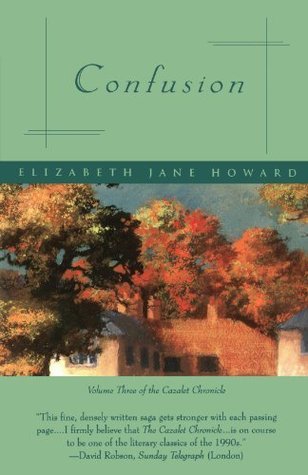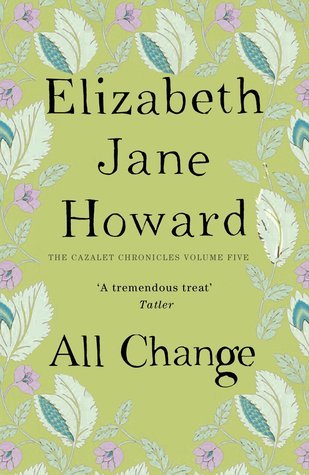
Falling
Book Description
Beneath the façade of a glamorous 1950s English estate, tensions simmer and secrets fester. A group of hopefuls arrives, craving love and escape, but each carries the weight of their own desires and regrets. As relationships twist and unravel, the line between passion and betrayal blurs, leading to a heart-pounding climax that questions loyalty and truth. In this world where every glance and whispered conversation ripples with intensity, who will emerge unscathed? Can love survive the devastation of desire, or will it shatter under the weight of unspoken fears?
Quick Book Summary
Set in the elegant yet troubled world of a 1950s English country estate, "Falling" by Elizabeth Jane Howard weaves a poignant narrative around a group of guests each seeking solace, love, or escape from their complicated lives. Beneath the idyllic veneer, tensions rise as personal desires and long-held regrets clash, testing friendships and budding romances. As the summer unfolds, secrets are revealed and relationships become increasingly tangled. The estate becomes a crucible in which passion and betrayal simmer side by side, culminating in revelations that force each character to confront their deepest fears and motivations. With evocative prose and keen psychological insight, Howard explores whether love can endure the tumult of human frailty, or if the quest for happiness will inevitably lead to heartbreak.
Summary of Key Ideas
Table of Contents
The Facade of Glamour and the Reality Beneath
The setting of "Falling" is crucial to its atmosphere and drama. The 1950s English estate serves as more than a backdrop; it is a character in itself, imbued with postwar glamour and tradition but also marked by shades of decay and unrest. This juxtaposition reflects the concealed cracks within its inhabitants, suggesting that beneath every graceful surface lies unrest. Guests are drawn to the house’s charm as a sanctuary from the outside world, yet they find themselves embroiled in the estate’s undercurrents of expectation and social hierarchy, amplifying their inner and interpersonal turmoil.
Desire, Regret, and the Search for Meaning
Central to the story are the secrets each character guards and the shame or regret that shadows their desires. The visitors—artists, dreamers, and the disenchanted—seek love, affirmation, or simply escape, but bring unresolved conflicts with them. Their backstories—failed marriages, lost opportunities, unspoken grief—manifest as emotional baggage. Howard deftly portrays how the pursuit of happiness is often complicated by past regrets, and how the inability to reconcile with the past hampers genuine connection, making desires both a source of motivation and self-destruction.
The Complexity of Human Relationships
As relationships deepen, the boundaries between passion and betrayal grow perilously thin. What begins as fleeting attraction or hope for new beginnings becomes, for some, a descent into manipulation or disillusionment. Jealousies and misunderstandings erupt, fueled by the insular environment of the estate. Howard excels at capturing the subtle dynamics of conversation and unspoken longing, crafting authentic characters whose actions carry both vulnerability and duplicity. This focus on emotional complexity brings to light the difficulty in distinguishing true affection from self-serving intentions.
Secrets, Betrayal, and Their Consequences
The climax of the novel is driven by the unspooling of these secrets and the consequences of betrayals revealed. Truths that have simmered beneath the surface erupt, condemning illusions and confronting each character with the repercussions of their choices. The fallout is both external—fracturing alliances and romantic bonds—and internal, leading to painful self-awareness. Howard avoids melodrama, instead grounding the drama in meticulous character study and moral ambiguity, making the inevitable collisions all the more affecting.
The Resilience (or Fragility) of Love
Ultimately, "Falling" questions the endurance of love when tested by human frailty. For some, reckoning with the past and facing difficult truths leads to renewal or subtle transformation; for others, it results in disillusionment or loss. Howard suggests that love's resilience is not guaranteed, especially when trust is undermined or desires run unchecked. In the wreckage left by miscommunication and betrayal, characters must decide what, if anything, can be salvaged—offering a nuanced, bittersweet meditation on the risks and rewards of emotional honesty.
Download This Summary
Get a free PDF of this summary instantly — no email required.





